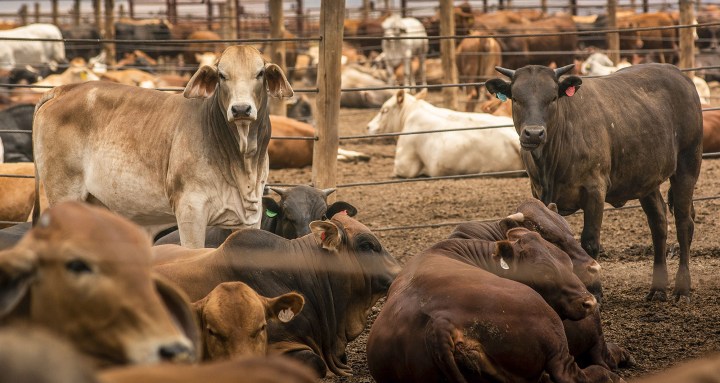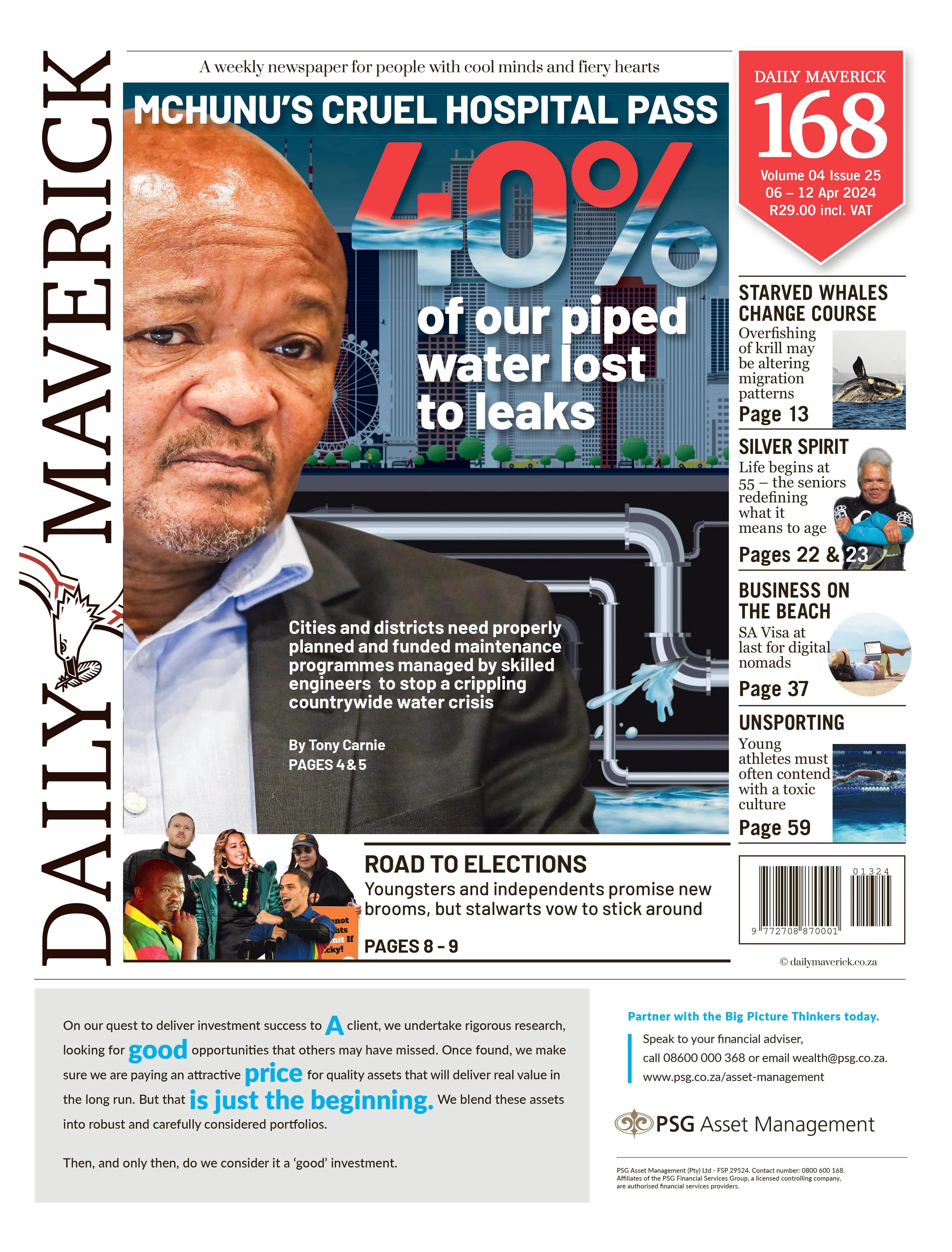SUSTAINABLE DIET
The world is facing a food crisis, warns global consultancy PwC

Global accountancy and consultancy firm PwC is not known for alarmism and is certainly not anti-capitalist. So it is perhaps alarming that it has added its voice to the rising chorus of concern about food production, the threat it poses to the global environment and our ability to feed a growing population.
PwC pulls no punches in a just-published report titled “The sustainable food revolution: future-proofing the world’s food supply”.
“The world is facing a food crisis,” it says.
“This crisis is immediate, but also long-term. Shortages caused by the war in Ukraine have amplified … challenges to the sustainability of global food production based on population growth, climate change and increased reliance on resource-intensive farming. Food companies need to brace themselves for change.”
Such assertions make the political right and some in big business see red, but the report’s authors insist they are not planting leftist seeds. “It is not mere ideology to assert that global food production and distribution must change. It is a simple matter of facts and figures…”
And the facts and figures are pretty stark.
“According to the UN, if the global population continues its current growth trend and reaches 9.6 billion people by 2050, it will take three planet Earths to support current food consumption patterns. That means that long before 2050, the current system will either break down or will have to undergo radical change.”
The meat industry
The report notes that agriculture accounts for 26% of the global greenhouse gas emissions linked to climate change and that it uses half of the world’s habitable land. It is also responsible for 70% of freshwater consumption, and 94% of the planet’s mammal biomass excluding humans is now livestock – a massive dewilding of the world’s faunal populations. One key driver has been a long-term shift in the global diet towards meat.
“The total volume and proportion of meat in the world’s diet has grown dramatically,” the report notes, from 23kg annually per person to 43kg per person, with consumption strongly correlated to income: in Ethiopia, annual per capita meat consumption is just over 5kg, whereas in the US it is 124kg.
The beef on this front is that meat production is highly inefficient, requiring as much as 100 times of the land needed to plant agriculture to get the same amount of calories. Meat accounts for 80% of agricultural land use but only produces 11% of the calories consumed. And beef generates up to 18 times more carbon emissions than peas, potatoes, nuts and fruit per kilogram produced.
Where there’s a market, there’s a way
The report calls for a shift in the global diet, noting that simple substitutions can make a big difference. Meat-related carbon emissions would fall 50% and water usage by 30% if everyone ordered chicken instead of beef. A complete U-turn to vegan diets would halve the food-related emissions per person in a wealthy meat-eating country such as the US.
The report notes that a changing diet is not “far-fetched” and is already under way.
“Today the food industry has an opportunity to become a shaper of such trends, and not a victim of them. Particularly retailers have the chance to establish themselves as first movers in a changing market, improving brand reputation and gaining market share. They can guide consumer choices by making bold adjustments to their food offerings.”
The report also says that governments could mandate retailers “…to introduce genuine ‘externality’ pricing, using methodologies such as True Cost Accounting that reflect the environmental costs paid by society for a product, as well as the direct production costs of the food itself”.
This could be similar to proposed models for carbon taxes that would see governments reimburse citizens the average amount they paid, which would help low-income households.
Disgraceful food waste
Eliminating food waste is also crucial. About a third of all food currently produced – enough to feed two billion people – is lost to inefficiencies in harvesting, distribution and retail. The rollout of digital technologies such as data-driven precision agriculture and supply chain tracking are among the solutions to this disgraceful waste, the report says.
“Alternative protein sources will proliferate, including meat based on cell cultures that mimic animal protein sources … and foods derived from insects,” it says. “Food may even be manufactured at home, as 3D printing of food emerges, and fully tailored [personalised] meals become possible.”
The 3D printing of food does seem revolutionary and moves well beyond having a home garden. It’s all food for thought. It’s also possible that the meat industry will find ways to become more efficient and lower its carbon footprint.
The report itself notes that apocalyptic forecasts rarely pan out – Thomas Malthus’s late-18th-century view that population was kept in check because it grew geometrically whereas agricultural production grew arithmetically comes to mind – but this brewing food crisis is on a different scale.
“The need for far-reaching change in food production and food consumption is a matter of fact and calculation … it is likely to be incremental, but incremental change can have powerful effects,” the report says. DM
This story first appeared in our weekly Daily Maverick 168 newspaper, which is available countrywide for R29.




















Comments - Please login in order to comment.